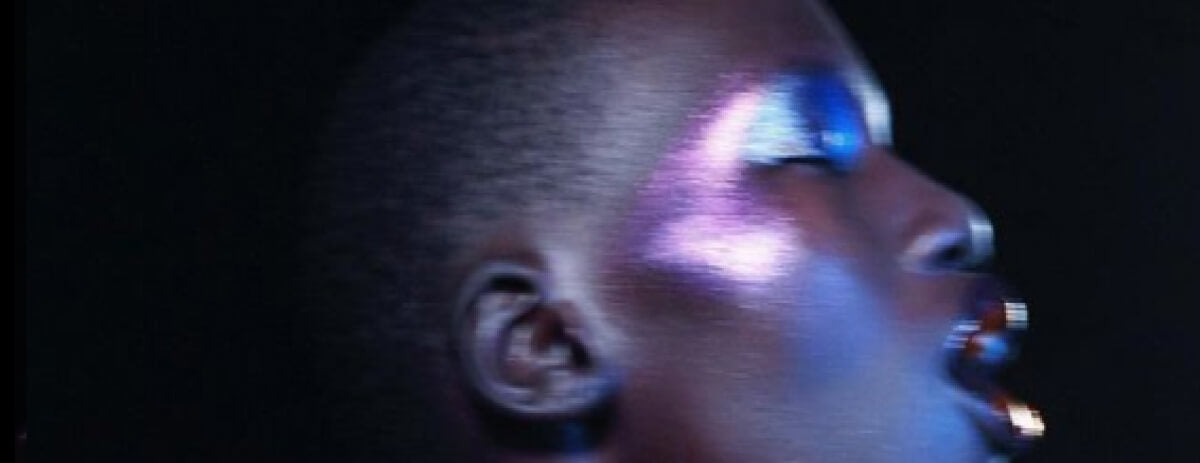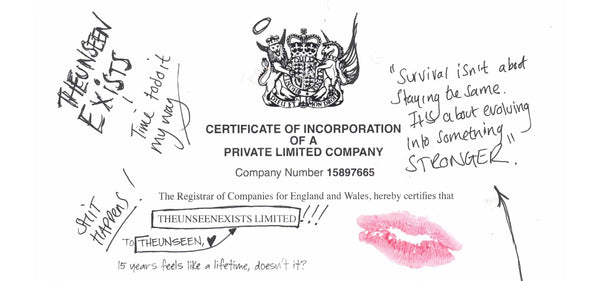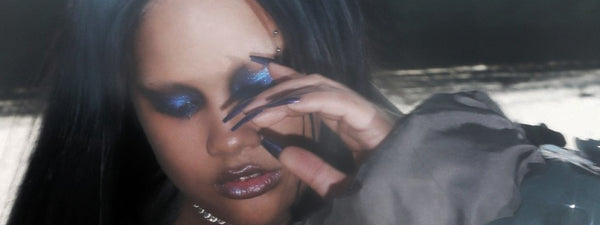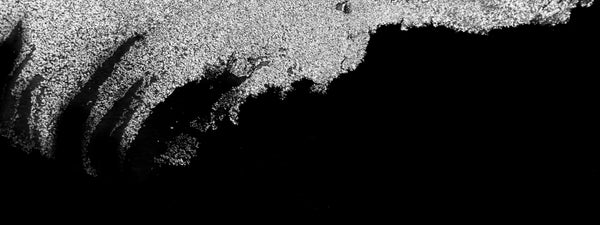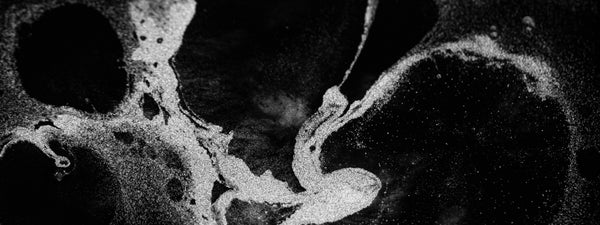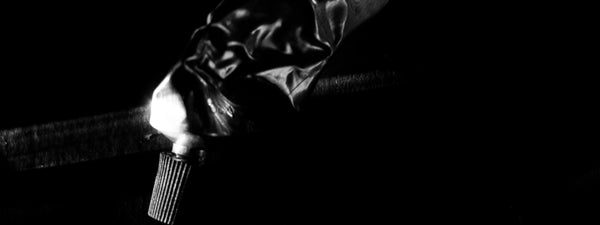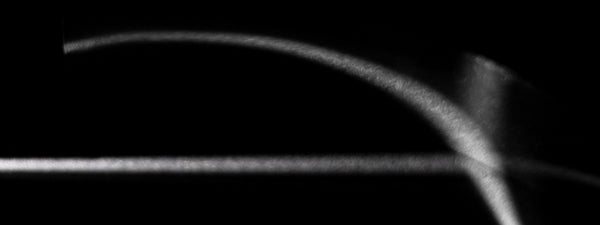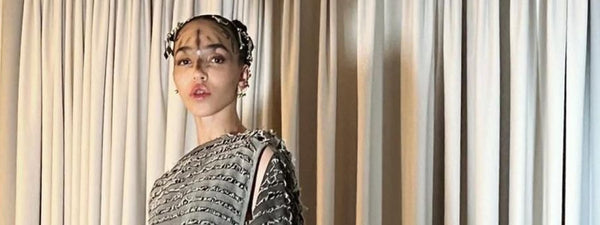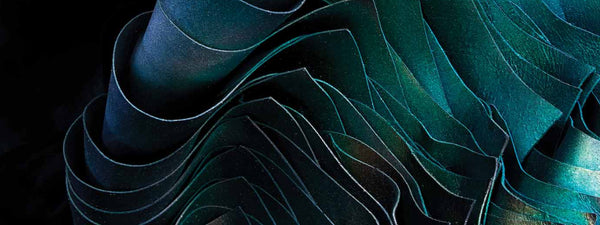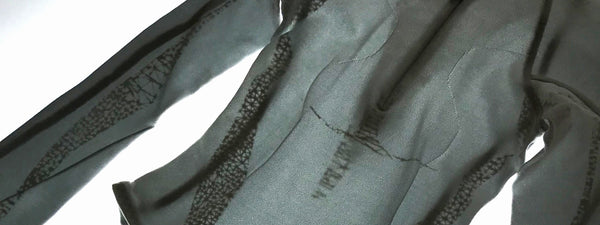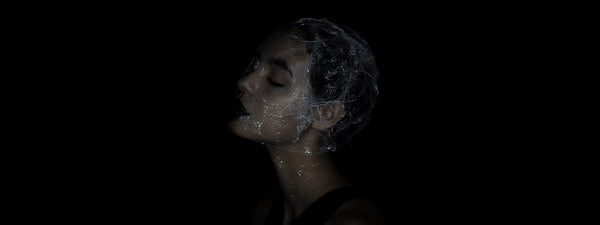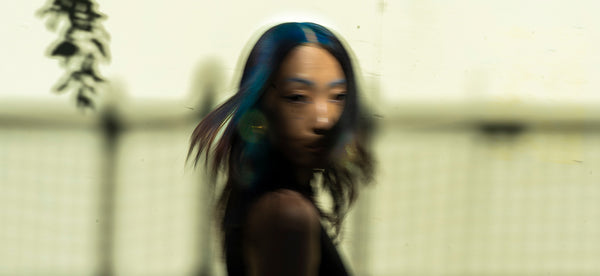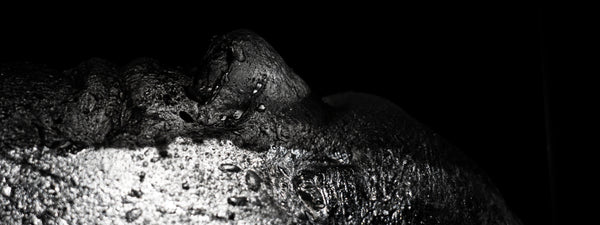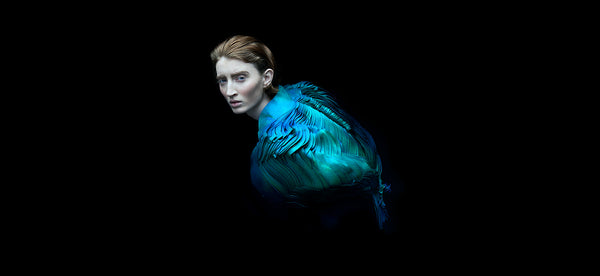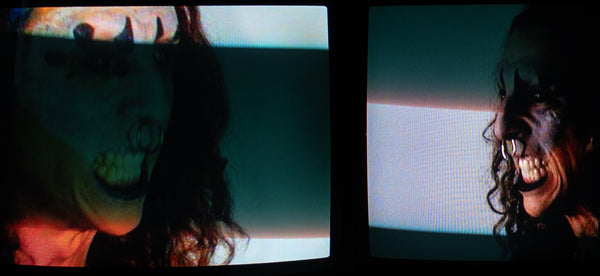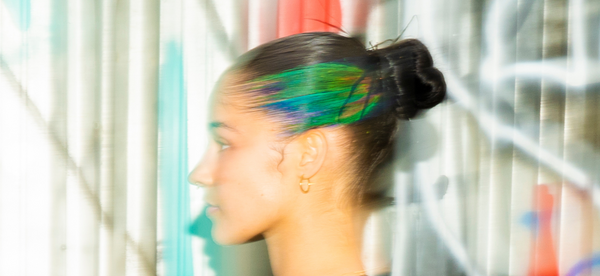We delve into the world of alchemy and explore its past, present, and future. Plus, we speak to alchemist and founder of THEUNSEEN, Lauren Bowker and Material Scientist, R&D Manager Amy Theofanous about what alchemy means to us.
A word heavy with meaning and history, when you think of alchemy, images of cauldrons, symbols and potions may come to mind – and while it may have some links to sorcery, astrology, and spirituality, much of it is rooted in chemistry and physics. But what does it actually mean?
Alchemy in the past

A medieval chemical science, alchemy was practiced in much of the ancient world, dating back to the 8th century with roots in Ancient Egypt, India and China before being revived in Europe in the 12th century. Its focus and that of its practitioners was to seek supernatural transformations to achieve perfection, whether physical, metaphysical, chemical or spiritual (History of alchemy, 2022). This focus manifested in the form of changing less valuable metals like copper, zinc and tin into most typically, gold as well as the Philosopher’s Stone or Elixir of Life – a substance that was believed to cure any and all ailments, promising immortality – the goal of any historic alchemist (Dell, 2016).
The origin of the word alchemy is one that holds a difference of opinions, it’s believed the term comes from Arabic word for art alkimia or from the Greek word chyma, meaning to fuse or cast metal. Before being passed from Latin to French and English to the word we now know as alchemy (Holmyard, 1957). In its initial stages, alchemy was established on theories based on Aristotle's assumptions that everything in the world was composed of the four elements: earth, fire, air and water and has been fundamental to the birth of chemistry. Many of the experiments conducted by alchemists back then followed a process known as Magnus Opus. Made up of four stages, nigredo – burning until black, albedo – purification, citrinitas – turning silver into gold and rubedo – the creation of the Philosopher's Stone (Radford, 2016).
Alchemy in the present
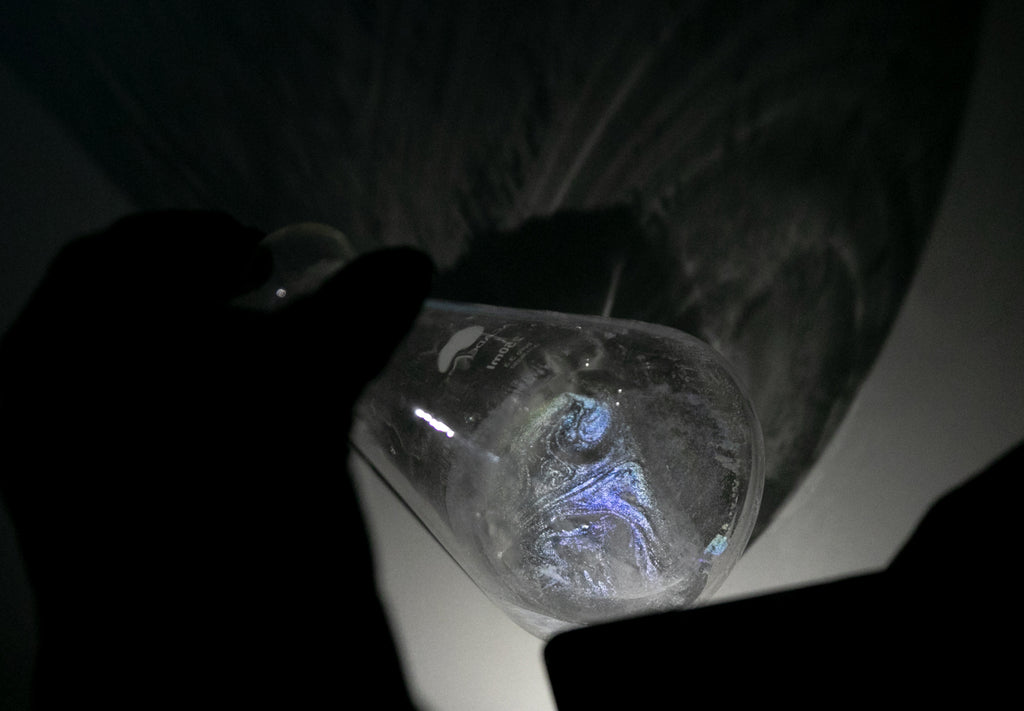
As time progresses, our understanding and interpretations of words and their meanings change too. The words we use are constantly adapting and moving to reflect changes in our society, our experiences – with influences from other cultures effecting how we use language.
For us at THE UNSEEN, alchemy refers to the process of exploration and discovery, combining elements and skillsets to create something that’s never been seen before. However, alchemy today doesn’t necessarily have the same definition across the board. It’s a word that’s started to come back into mainstream circulation, with many skincare and beauty brands using it to describe a more thoughtful approach to beauty and cosmetics, linking to ideas of apothecaries, products made in small batches and with care. Perhaps to counteract the mass-produced and commercial nature of the beauty and cosmetics industry to date?
Typically, words and phrases stop being used when those things stop existing or something in our knowledge regarding them changes. As mentioned above, the way we use language and our understanding changes too. Each generation builds a slightly different version or meaning of a term to represent their shared experiences. With alchemy, we see it move from a practice that combines elements of science, astrology, and spirituality to being debunked as a pseudoscience to a term that is now entering back into our vocabularies with interpretations of spirituality, thoughtful chemistry, creation and apothecary.
In conversation with...
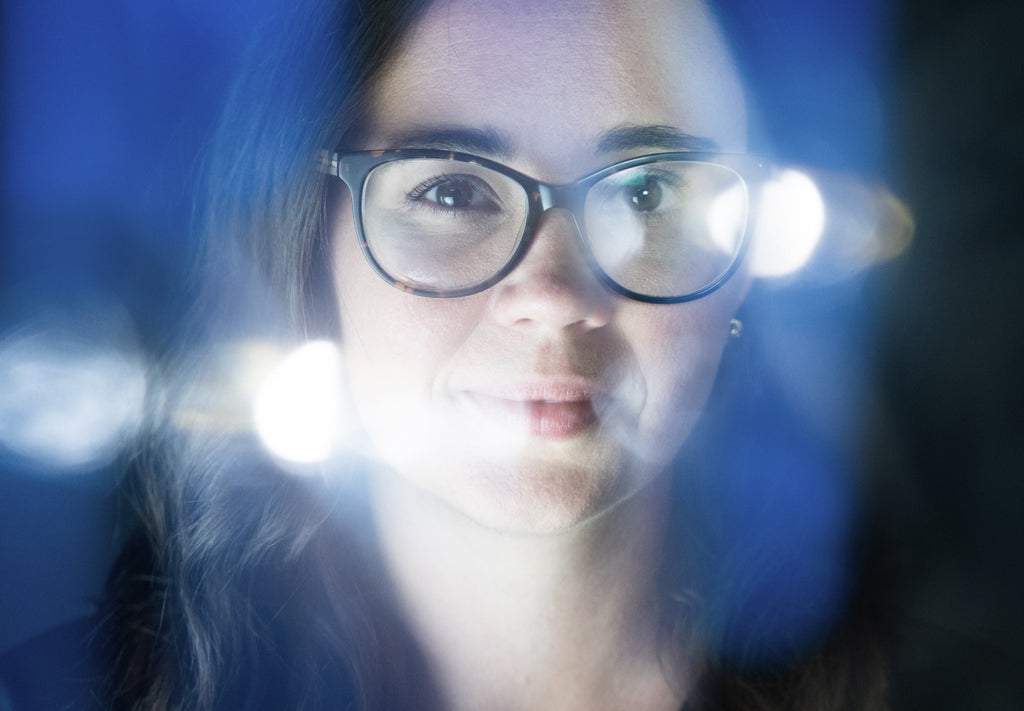
Speaking with our founder Lauren Bowker and R&D Manager, Material Scientist Amy Theofanous on what alchemy means to THE UNSEEN Beauty, here’s what they had to say.
Q: What is alchemy to you?
Lauren: It's about bringing skill sets together to create something that's never been seen before.
Amy: For me, alchemy is a "seemingly magical process of transformation, creation, or combination".
Q: Where does your interest in science stem from?
Lauren: It comes from the curiosity to explore the natural world and our existence using science as a tool. When you think of science you think of academia – chemistry, biology, physics and maths, but its actual definition is “the intellectual and practical activity encompassing the systematic study of the structure and behaviour of the physical and natural world through observation and experiment.” And I think that’s exactly what’s inspiring to me, science is just another way to explore.
Amy: My interest in science comes from curiosity, when I see something, I'm always thinking how does that happen, how does that work, why does that happen? So, for me it’s partly about uncovering the "magic" or science in everyday items.
Q: How do we use alchemy here at THE UNSEEN Beauty?
Lauren: We use alchemy in everything we do, if you think of alchemy as a combination of different skill sets to create something never seen before – the combination of science, design engineering, art, and strategy coming together to create products and ideas that have never existed before. We use alchemy in the questions we create to explore new roots of technology. We always start with a question, how can we create something that visualises a different reality and how do we bring together a melting pot of skills to achieve it, alchemy is in everything we do.
Amy: In terms of alchemy at THE UNSEEN Beauty, it’s about seeing things in a new light and about applying things and using things in a way that hasn’t been done before to create something new, exciting, magical and innovative.
Alchemy in the future
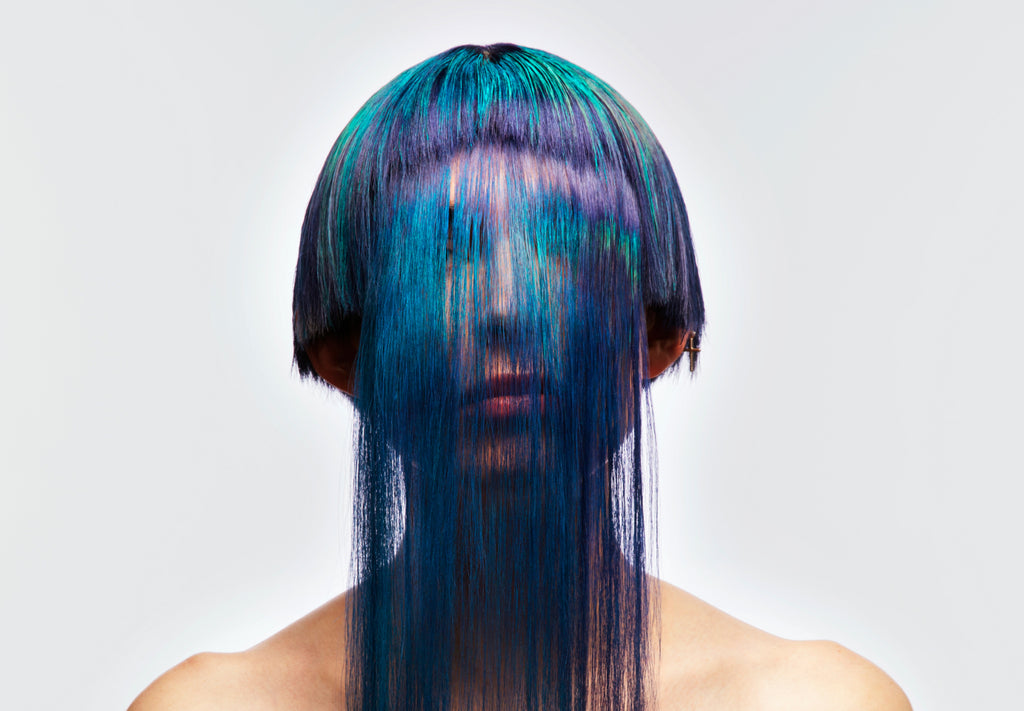
It’s not just the beauty and cosmetic brands that are reclaiming alchemy, candle companies, jewellery makers and spa treatments reference modern alchemy, wisdom, ritual, non-toxicity, and traditional techniques as their unique selling points – for products that are different than their competitors on the market and take more science-led or thoughtful approach. Having made way into the food and drink industry too, the best example of this would be the British restaurant chain The Alchemist, a contemporary eatery that markets themselves as “specialists in molecular mixology cocktails & drinks”. Going forward we might even see “alchemy” or the new “modern alchemy” in industries such as fitness with each one adding their own interpretive spin on the ancient word opting between spiritual or scientific aesthetic.
“If we look at the past and present of alchemy and hypothesise the future of what it’ll be – I believe it’s always been about collaboration – and I think that’ll never change. It’ll always be about discovery, curiosity and collaboration to create something transformational, what that might be may change as new science, technology and materials are found, we’ll have new tools to mix, but alchemy will always involve collaboration.” - Lauren Bowker
What does our past and present understanding of alchemy predict the future of the term and how it’ll be used? Could we see its original meaning take centre stage again or will it be forgotten and left in the past? And lastly, what does alchemy mean to you?
References:
Dell, C., 2016. The Occult, Witchcraft & Magic. Thames & Hudson.
Holmyard, E., 1957. Alchemy. England: Pelican.
Encyclopedia Britannica. 2022. History of alchemy[online] Available at: https://www.britannica.com/summary/alchemy> [Accessed 8 September 2022].
Radford, B., 2016. What is Alchemy?. [online] livescience.com. Available at: https://www.livescience.com/39314-alchemy.[Accessed 8 September 2022].
